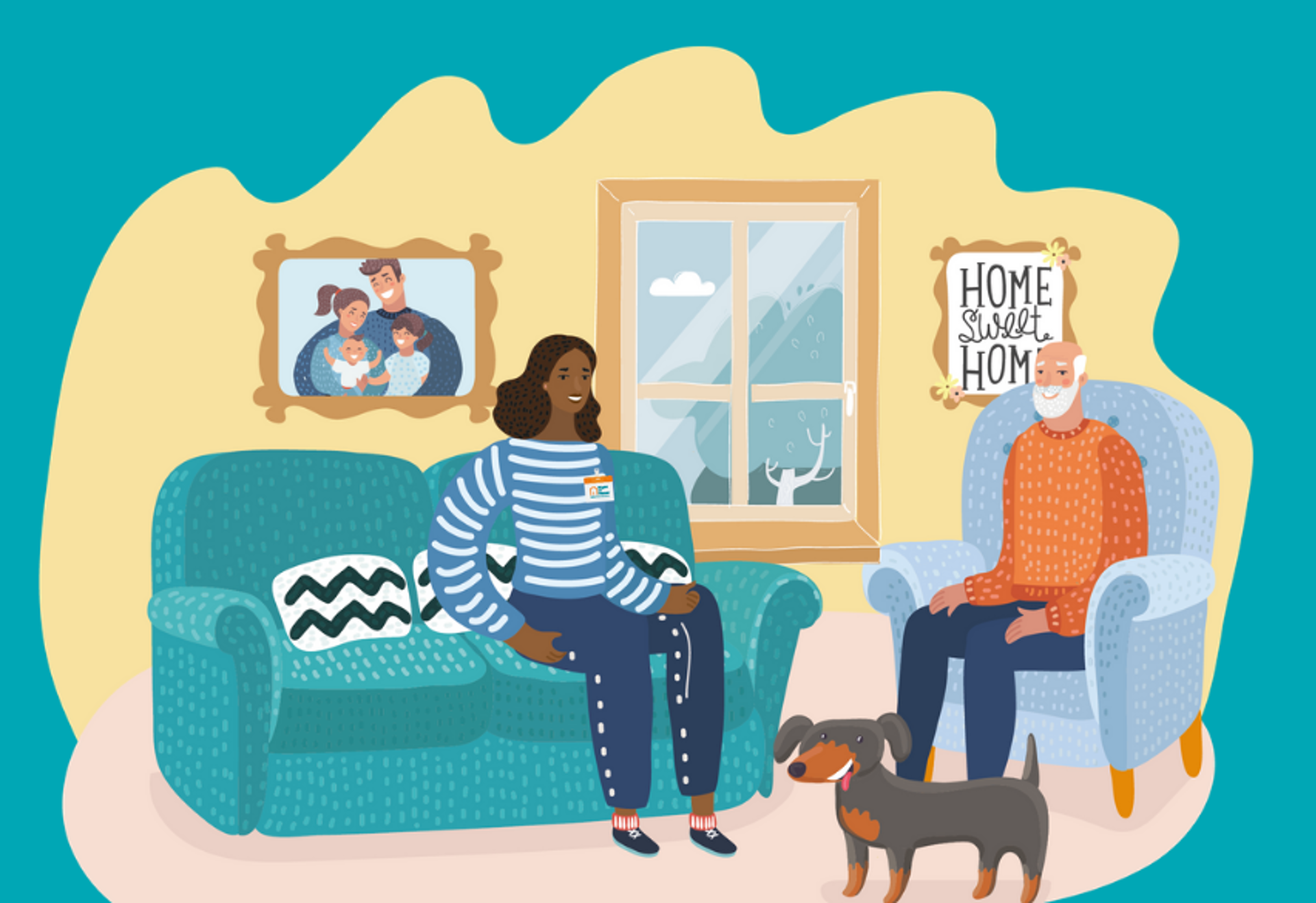Alzheimer’s Care Dos & Don’ts
Published: 30/01/2021

Mid-to-late stage Alzheimer’s patients can often present challenging behaviour problems for their family and CareGivers.
The anger, sadness, paranoia, confusion and fear they’re experiencing can result in oppositional, aggressive and sometimes violent speech or actions. Understanding and learning which strategies are most effective is important to help your loved one and maintain their wellbeing. In this blog, we share our Alzheimer’s Care Dos and Don’ts.
One of the most upsetting aspects of caring for someone with Alzheimer’s disease or another type of dementia is communication difficulties —and it can be frustrating for the individual as well as for loved ones. Although it can be hard to understand why people with Alzheimer’s or another form of dementia act the way they do, the explanation is attributable to their disease and the changes it causes in the brain. Familiarise yourself with some of the common situations that arise when someone has Alzheimer’s, so that if your loved one says something shocking or puzzling, you’ll know how to respond calmly and effectively.
- When you’re caring for some with Alzheimer’s or another type of dementia, it’s important to show them how to perform everyday tasks instead of telling them how to do something.
- Encourage and maintain independence for as long as possible.
- Never talk over their head as if they are not there, especially if you are talking about them. Include them in conversations.
- Look for the meaning behind words, if they do not seem to be making much sense. Whatever the detail of what they are saying, the person is usually trying to communicate how they feel.
Aggressive behaviour
This is usually triggered by something, often physical discomfort, environmental factors such as being in an unfamiliar situation, or even poor communication. Most of the time, aggression can come from fear, and people with dementia can be more apt to hit, kick or bite in response to feeling helpless or afraid.
Do: The key to responding to this aggression is to try and identify the cause.
Don’t: Engage in the argument, raise your tone or force the issue that’s creating the aggression.
Cognitive Problems
These can be caused by the deterioration of brain cells caused by Alzheimer’s in particular which can affect the individual’s behaviour, showing poor judgement or errors in thinking. This can sometimes result in unfounded accusations to friends and loved ones or can involve the individual becoming upset about a misplaced possession. This can also cause difficulty with planning and organising everyday tasks.
Do: The Alzheimer’s Association says to be encouraging and reassuring if you’re seeing these changes happen. you can often minimise frustration and embarrassment by offering help in small ways with staying organised or offering to help to look for any items that may have been misplaced.
Don’t: Be defensive about the situation; or respond in a way that could be interpreted as accusatory or doubting the person’s ability to handle a situation.
Confusion or Memory Loss
This can affect people’s thinking, reasoning and behaviour. A person with Alzheimer’s is likely to feel sad or upset at times. In the earlier stages, the person may want to talk about their anxieties and the problems they are experiencing. Statements such as “This isn’t my home!”, or questions like “Why are we here?” can often be asked.
Do: You have to figure out what’s going to make the person feel the safest, redirect the person’s attention to something else or help to explain using pictures. If the individual persists in saying something that is incorrect, try not to argue. Instead, change the topic. The person may shift attention to what you say and become more relaxed and cooperative.
Don’t: Provide lengthy explanations or reasons as this is not the approach to take, this may only cause greater distress and confusion.
Most Alzheimer’s patients – particularly those in the early and middle stages of the disease – can be cared for at home and do not require residential care facilities. In fact, more than half of all diagnosed Alzheimer’s patients continue to live in their own home settings. Right at Home’s services offer those with Alzheimer’s:
- A familiar frame of reference
- Freedom to move about in a known, unrestricted space
- Minimal stress, which can aggravate the symptoms of Alzheimer’s and Dementia
- Daily orientation to time, place and people
- Continuity of daily routines and schedules
If you would like more information on Alzheimer’s care, please speak to your local Right at Home office.
Other useful links:
Right at Home launches charity partnership with Alzheimer’s Society
